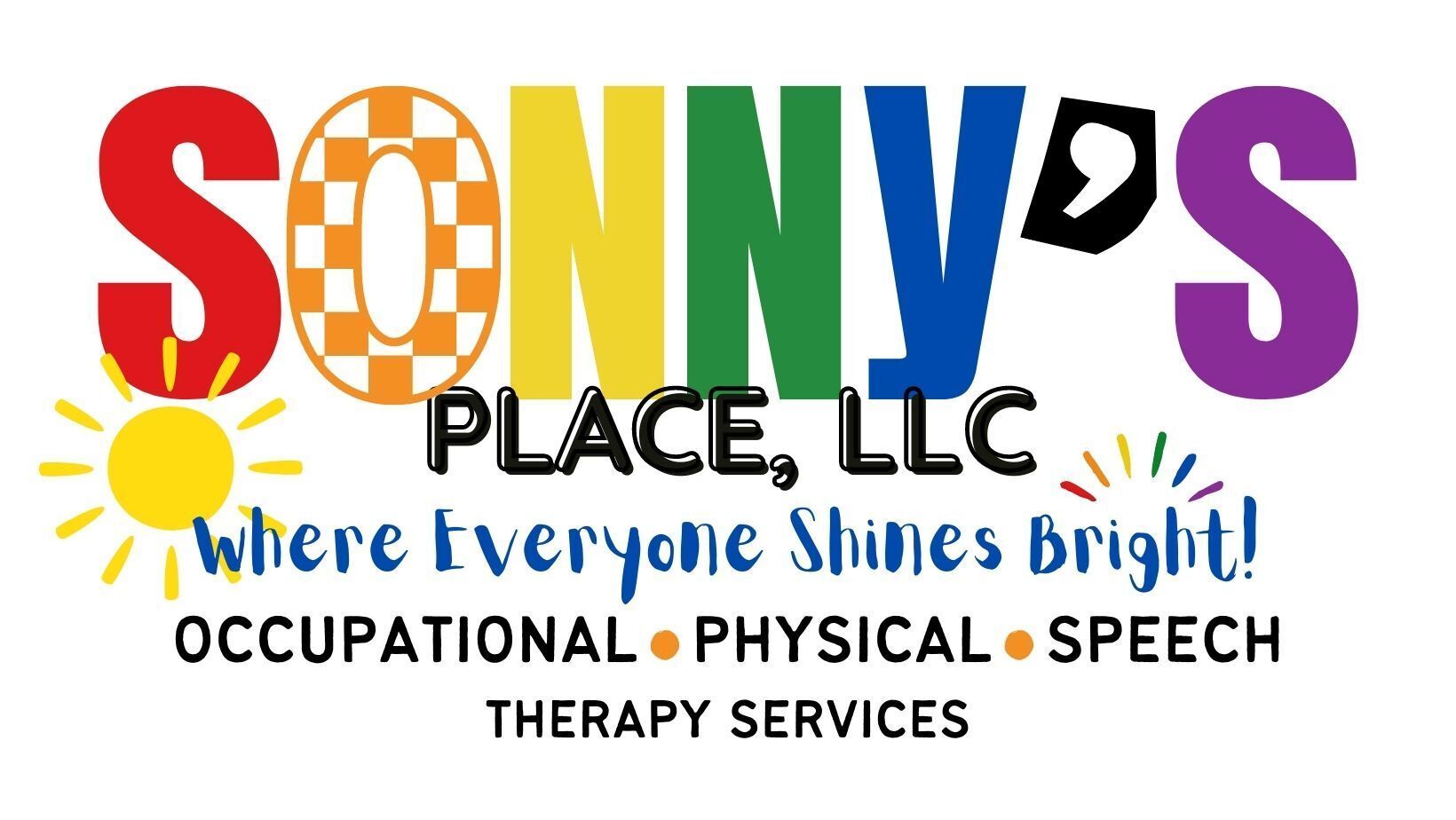
The Importance Of Pediatric Outpatient Therapy Services
Pediatric outpatient occupational, physical, and speech therapy services play a crucial role in the well-being and development of children. These services are designed to address a wide range of physical, cognitive, and communication challenges that children may face.
Here are some key aspects of their importance:
Early Intervention: Pediatric therapy services provide early intervention for children with developmental delays or disabilities. Early intervention can significantly improve a child's long-term outcomes by addressing issues before they become more challenging to treat.
Developmental Milestones: Therapy services help children meet their developmental milestones. Occupational therapy supports fine motor skills and daily activities, physical therapy focuses on gross motor skills, and speech therapy helps with communication and language development.
Individualized Care: Therapists work with each child individually to develop customized treatment plans that address their specific needs and challenges. This personalized approach is essential for effective therapy.
Improved Quality of Life: Therapy services can improve a child's quality of life by enhancing their independence, social interactions, and overall well-being. Children can gain the skills they need to participate in school, play, and daily activities.
Family Involvement: Pediatric therapy often involves family members, teaching parents and caregivers strategies to support a child's progress at home. This empowers families to be active participants in their child's development.
Speech and Communication: Speech therapy helps children with speech and language disorders, making it easier for them to communicate effectively. This can lead to improved social interactions and academic success.
Physical Function: Physical therapy aids children in developing or regaining physical abilities, which can be especially beneficial for those with conditions affecting mobility or coordination.
Occupational Skills: Occupational therapy helps children with skills needed for daily life activities such as dressing, feeding, and handwriting. It's particularly valuable for children with sensory processing disorders or physical disabilities.
Inclusive Education: Therapy services can help children with disabilities participate in mainstream educational settings, promoting inclusion and reducing the need for special education services.
Preventative Care: Therapy services can also play a preventative role by identifying issues early and providing strategies to mitigate future challenges. This can reduce the long-term impact of certain conditions.
Improved Self-Esteem: As children achieve milestones and gain independence through therapy, they often experience improved self-esteem and self-confidence, which can have a lasting positive impact on their lives.
Comprehensive Care: Many children require a combination of occupational, physical, and speech therapy to address their complex needs. Having all these services available in one place ensures a holistic approach to care.
In conclusion, pediatric outpatient occupational, physical, and speech therapy services are vital for the health, development, and overall well-being of children. They enable children to overcome challenges, reach their potential, and lead fulfilling lives, while also providing support and resources for their families.
Here are some key aspects of their importance:
Early Intervention: Pediatric therapy services provide early intervention for children with developmental delays or disabilities. Early intervention can significantly improve a child's long-term outcomes by addressing issues before they become more challenging to treat.
Developmental Milestones: Therapy services help children meet their developmental milestones. Occupational therapy supports fine motor skills and daily activities, physical therapy focuses on gross motor skills, and speech therapy helps with communication and language development.
Individualized Care: Therapists work with each child individually to develop customized treatment plans that address their specific needs and challenges. This personalized approach is essential for effective therapy.
Improved Quality of Life: Therapy services can improve a child's quality of life by enhancing their independence, social interactions, and overall well-being. Children can gain the skills they need to participate in school, play, and daily activities.
Family Involvement: Pediatric therapy often involves family members, teaching parents and caregivers strategies to support a child's progress at home. This empowers families to be active participants in their child's development.
Speech and Communication: Speech therapy helps children with speech and language disorders, making it easier for them to communicate effectively. This can lead to improved social interactions and academic success.
Physical Function: Physical therapy aids children in developing or regaining physical abilities, which can be especially beneficial for those with conditions affecting mobility or coordination.
Occupational Skills: Occupational therapy helps children with skills needed for daily life activities such as dressing, feeding, and handwriting. It's particularly valuable for children with sensory processing disorders or physical disabilities.
Inclusive Education: Therapy services can help children with disabilities participate in mainstream educational settings, promoting inclusion and reducing the need for special education services.
Preventative Care: Therapy services can also play a preventative role by identifying issues early and providing strategies to mitigate future challenges. This can reduce the long-term impact of certain conditions.
Improved Self-Esteem: As children achieve milestones and gain independence through therapy, they often experience improved self-esteem and self-confidence, which can have a lasting positive impact on their lives.
Comprehensive Care: Many children require a combination of occupational, physical, and speech therapy to address their complex needs. Having all these services available in one place ensures a holistic approach to care.
In conclusion, pediatric outpatient occupational, physical, and speech therapy services are vital for the health, development, and overall well-being of children. They enable children to overcome challenges, reach their potential, and lead fulfilling lives, while also providing support and resources for their families.
